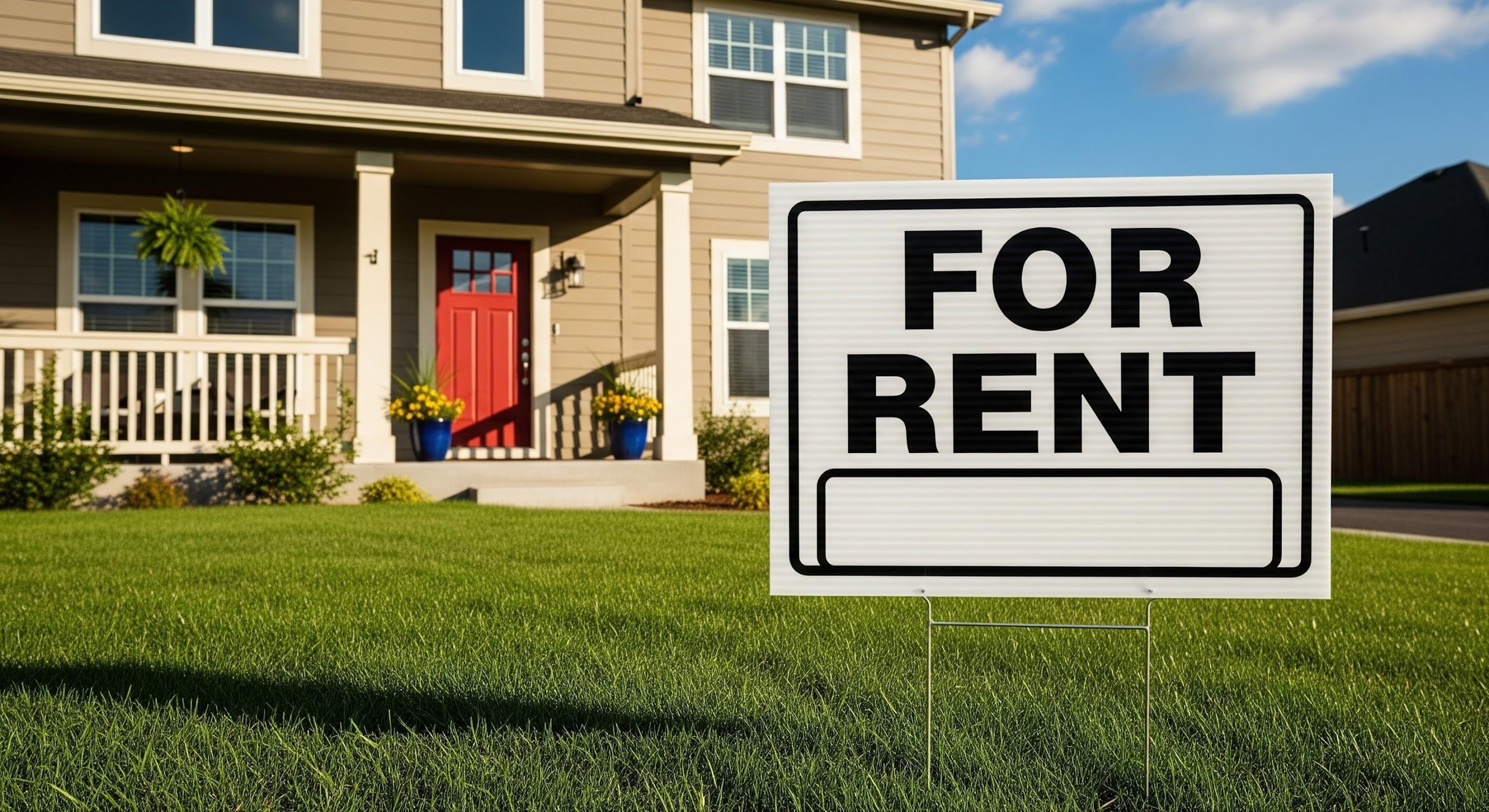Becoming a landlord is often a deliberate choice, but sometimes life has other plans. Maybe you had to relocate for work, inherited a family home, or couldn’t sell your property in today’s market. Whatever the reason, you’ve found yourself an “accidental landlord.”
While turning your home into a rental can be a smart financial move, it comes with new responsibilities. At Real Estate Property Management (stonerent.com), we work with many first-time landlords who are surprised by how much goes into managing even a single property. To help you get started on the right foot, here’s what every accidental landlord needs to know:
1. Understand Local Laws & Regulations
Rental laws are not one-size-fits-all. From security deposits to notice periods, rules vary between cities and states. Failing to comply can lead to costly fines or disputes. Some municipalities even require rental licenses or inspections before you can legally rent.
Pro tip: Don’t rely on internet templates. Consult a property manager or a local real estate attorney to make sure your lease and procedures comply with all local and federal requirements (including Fair Housing laws).
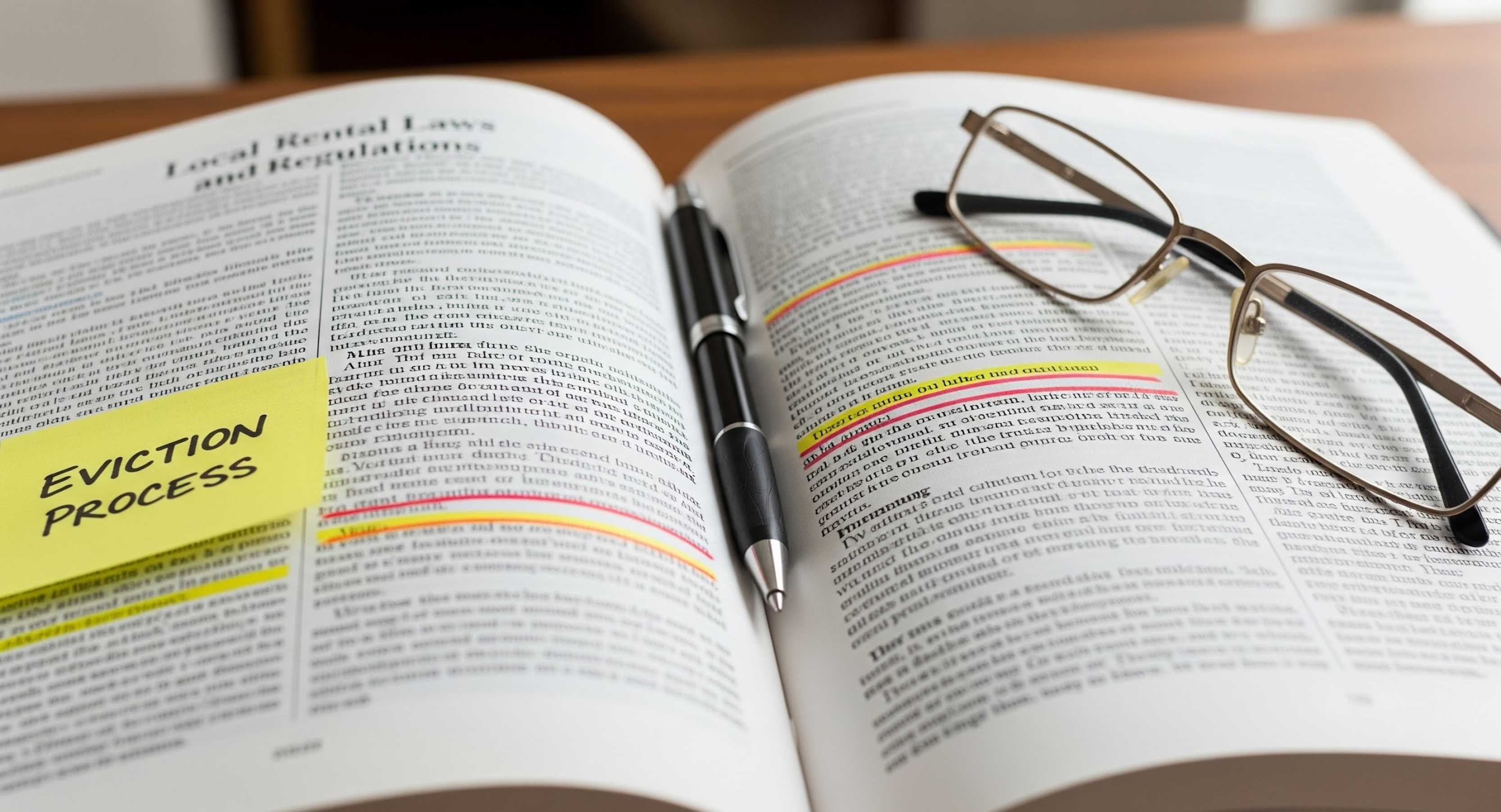
2. Set the Right Rent Price
Pricing your home correctly is critical. Too high, and you’ll sit vacant; too low, and you leave money on the table. Look at comparable rentals in your neighborhood, factor in your home’s features, and adjust based on demand.
At stonerent.com, we provide a free rental analysis to help accidental landlords maximize returns without scaring off quality tenants.
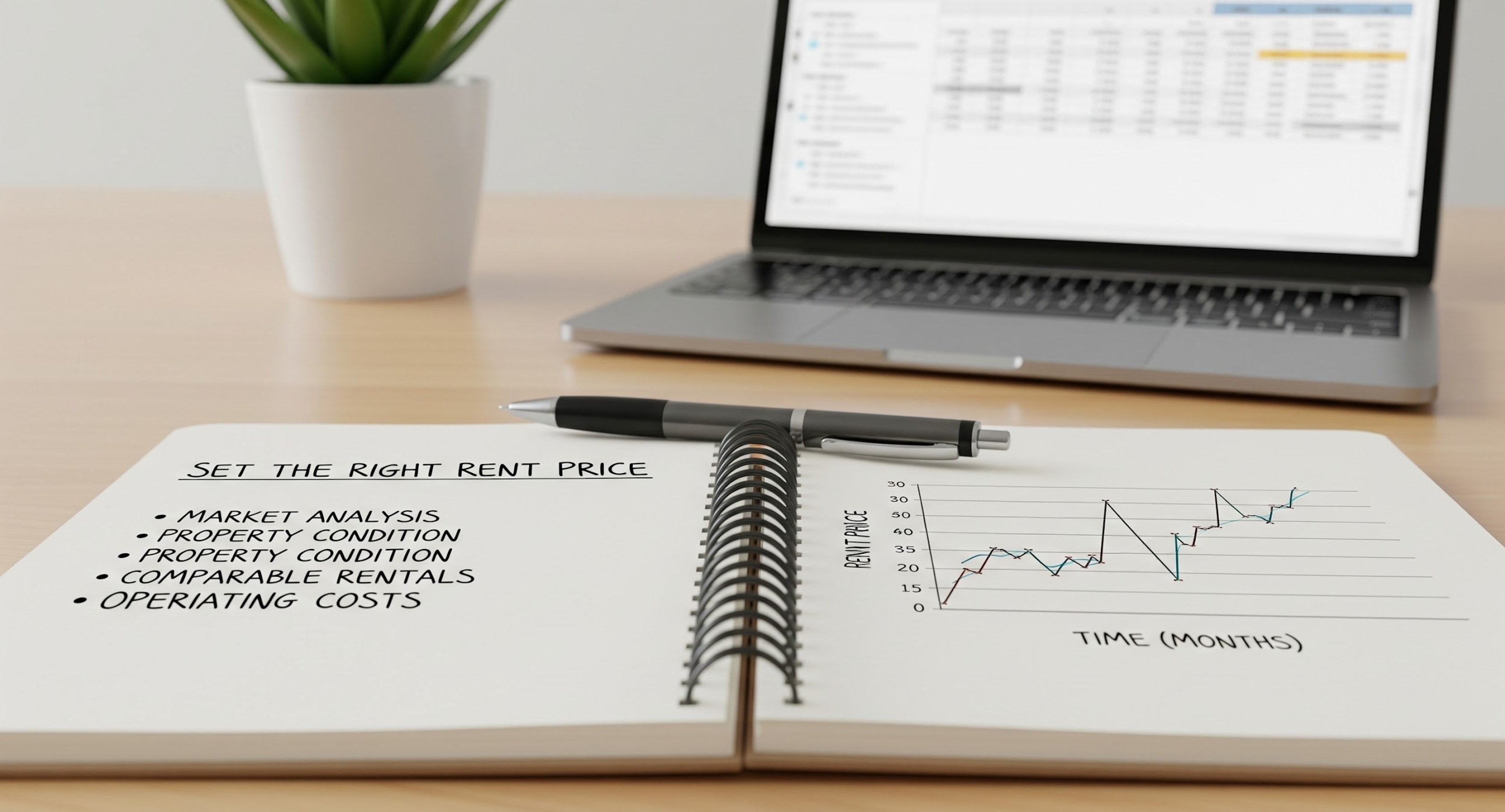
3. Prepare Your Property for Tenants
Before you list your home, make sure it’s truly “tenant-ready”:
Ensure safety: Hire licensed professionals to check HVAC, plumbing, electrical systems, and install smoke/CO2 detectors as required by law.
Address maintenance issues: Fix leaks, address mold or pest concerns, and repair anything that could cause future disputes.
Boost appeal: A fresh coat of paint, clean outdoor spaces, or simple cosmetic upgrades can make your property more attractive (and allow you to justify higher rent).
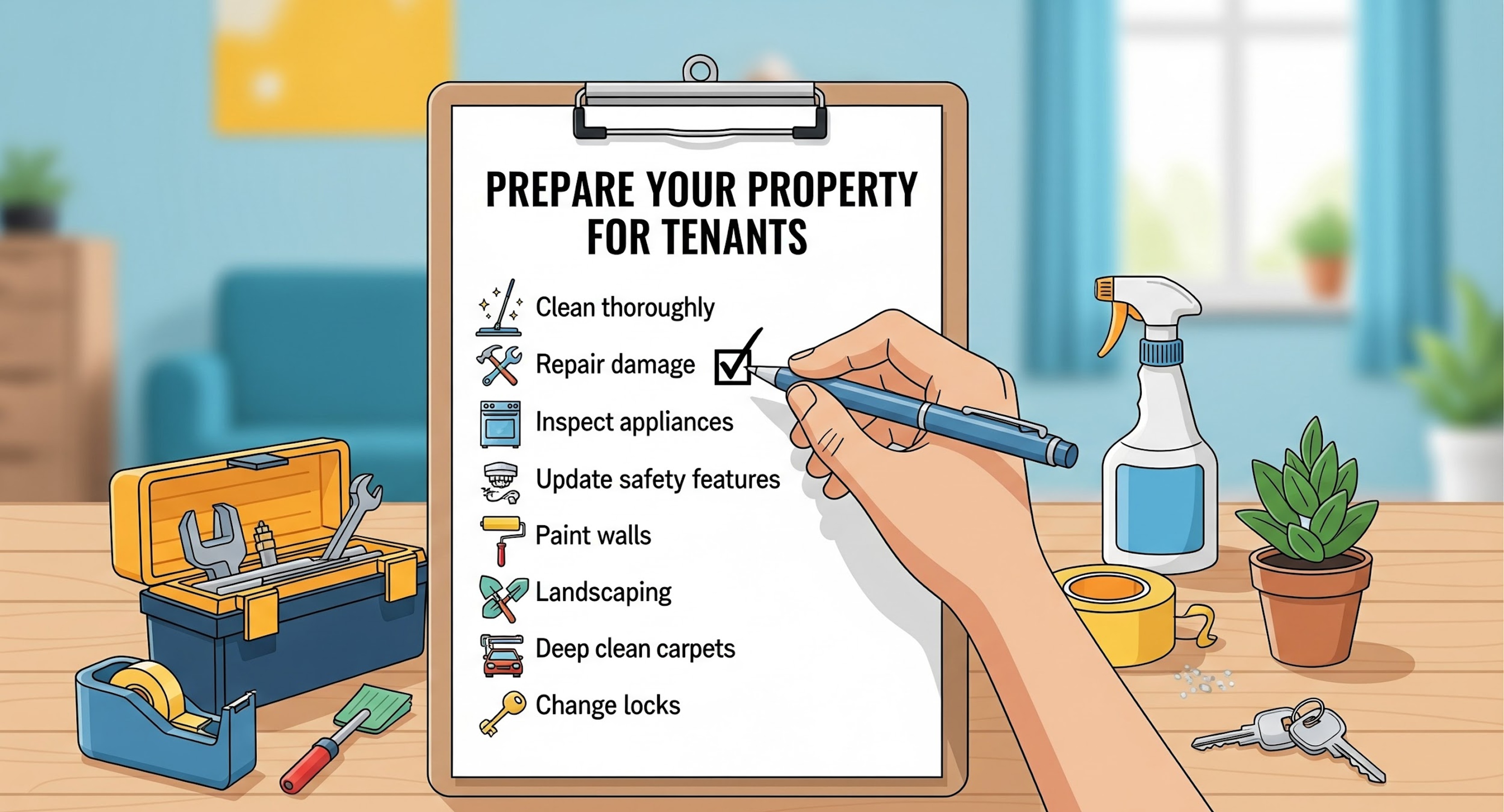
4. Screen Tenants Thoroughly
The right tenant can mean steady income and fewer headaches; the wrong one can cost thousands in damages or unpaid rent. Always run background checks, credit reports, income verification, and contact previous landlords.
Red flags include inconsistent information, unverifiable employment, or a history of late payments. A strong screening process protects both your property and your peace of mind.
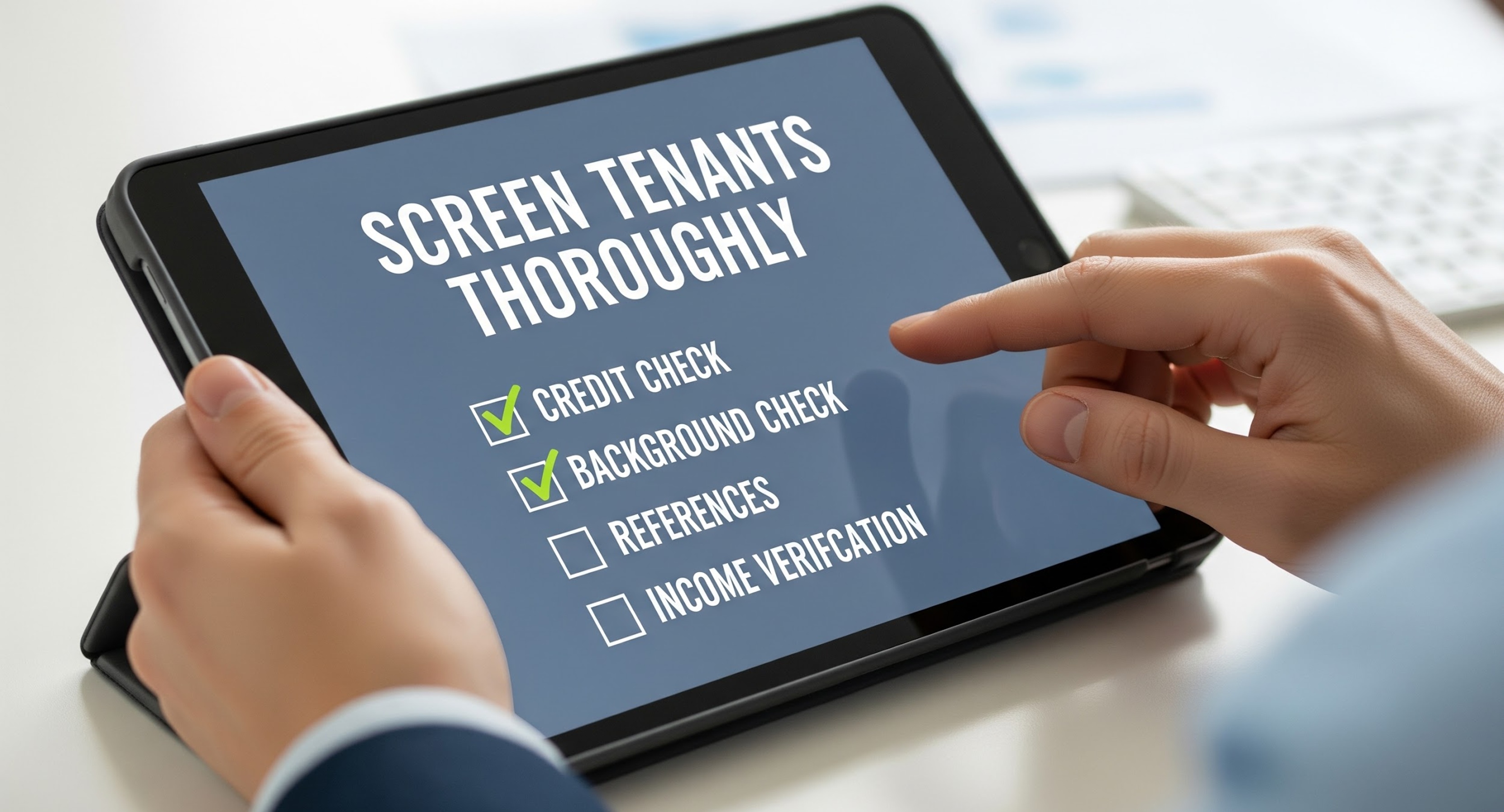
5. Protect Yourself with the Right Lease
Generic lease agreements downloaded online often miss important protections. Your lease should cover:
Rent due dates and late fees
Security deposit terms
Maintenance responsibilities
Rules about pets, smoking, or subletting
What happens in case of default or eviction
Consider having your lease reviewed by a professional to ensure it’s enforceable and fair.
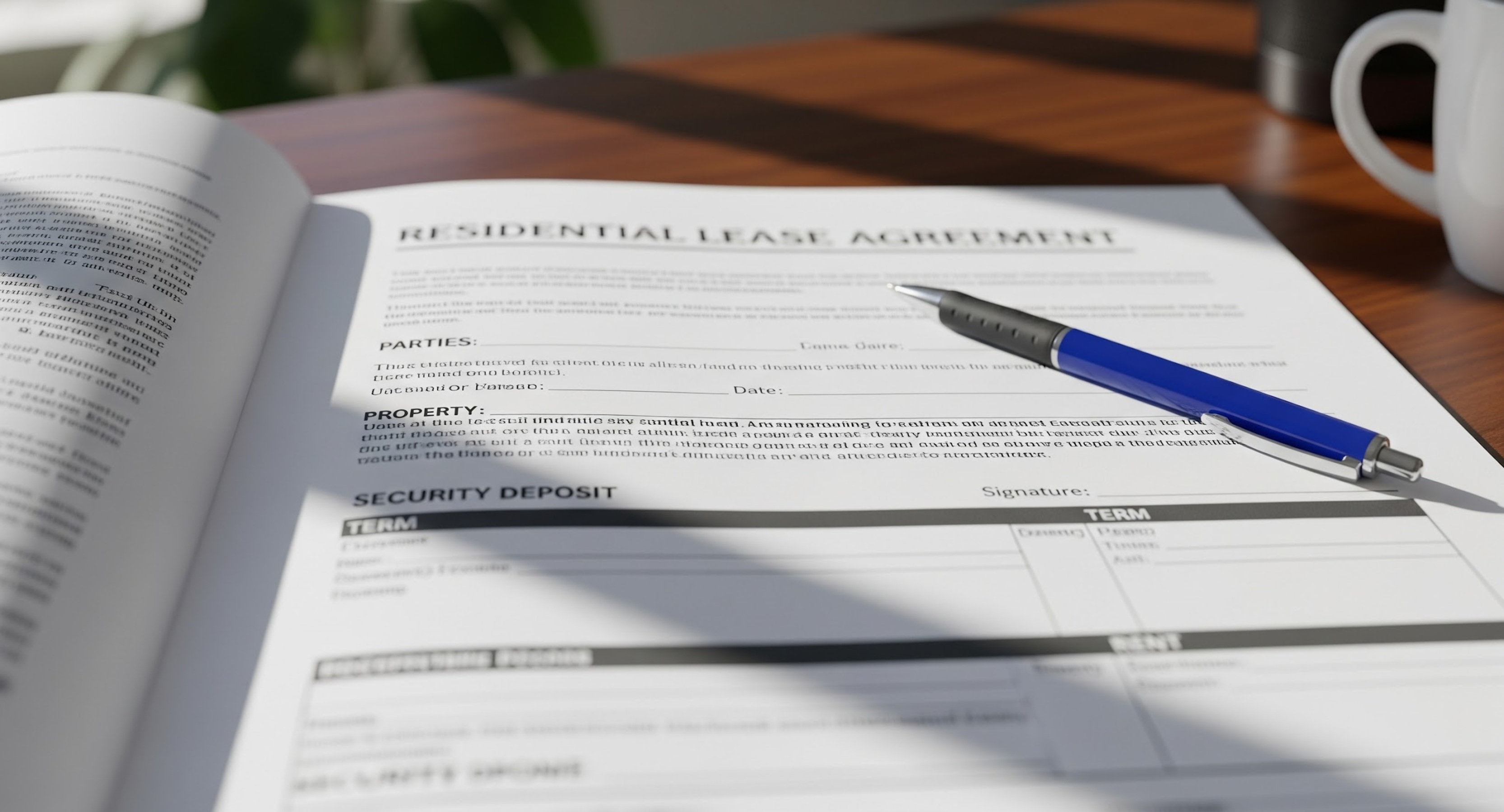
6. Budget for Maintenance & Repairs
Even if your property is in great shape today, unexpected costs will pop up. From broken appliances to emergency plumbing calls, landlords need to plan ahead.
A good rule of thumb: set aside 5–10% of your rental income each month for maintenance and repairs. Having a reserve fund means you can address issues quickly, keeping tenants happy and avoiding bigger, costlier problems down the road.
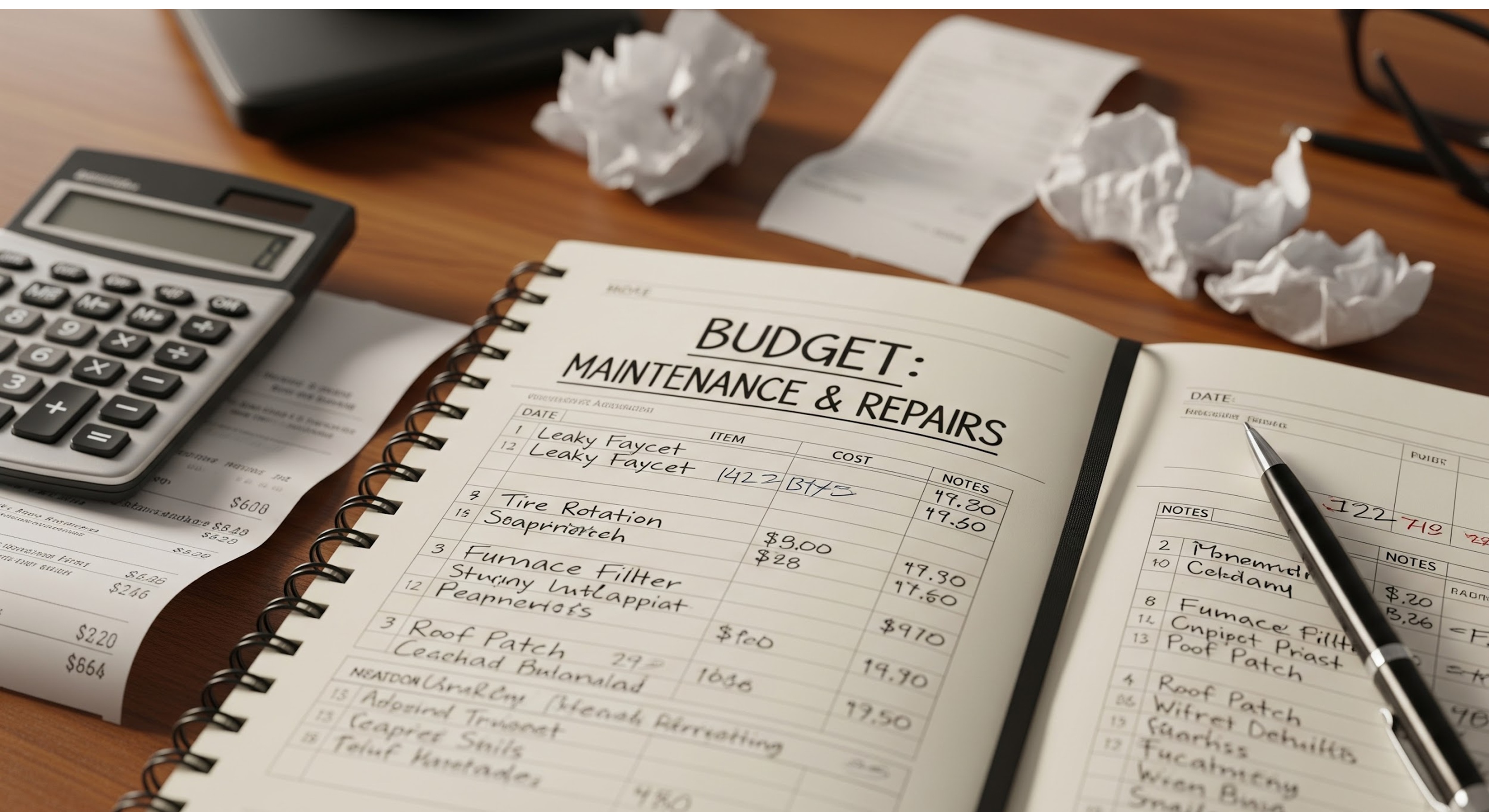
7. Decide: Self-Manage or Hire a Professional
Managing a rental property isn’t just collecting rent checks — it’s a 24/7 job. You’ll be responsible for late-night maintenance calls, tenant communication, bookkeeping, legal compliance, and sometimes even conflict resolution.
If you live out of state, have limited time, or simply don’t want the stress, partnering with a professional property manager like Real Estate Property Management (stonerent.com) can be a game-changer. We handle tenant screening, rent collection, maintenance coordination, inspections, and compliance — so you can enjoy the benefits of owning a rental without the headaches.

Conclusion
Becoming an accidental landlord may not have been part of your plan, but with the right knowledge and support, it can be a profitable opportunity. By preparing your property, understanding the laws, carefully screening tenants, and deciding whether to self-manage or partner with a professional, you can protect your investment and create a smoother rental experience.
Ready to turn your unexpected rental into a stress-free income property? Contact us for a free rental analysis and discover how our team makes property management easy.

